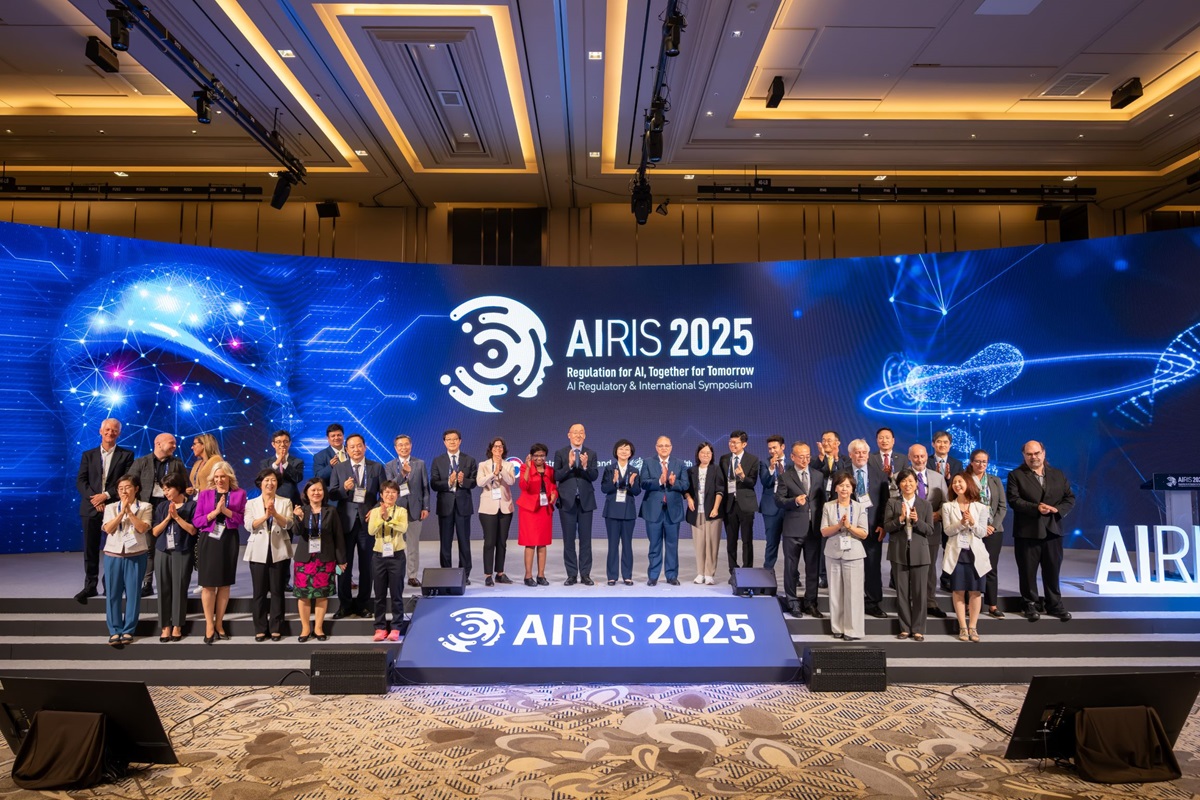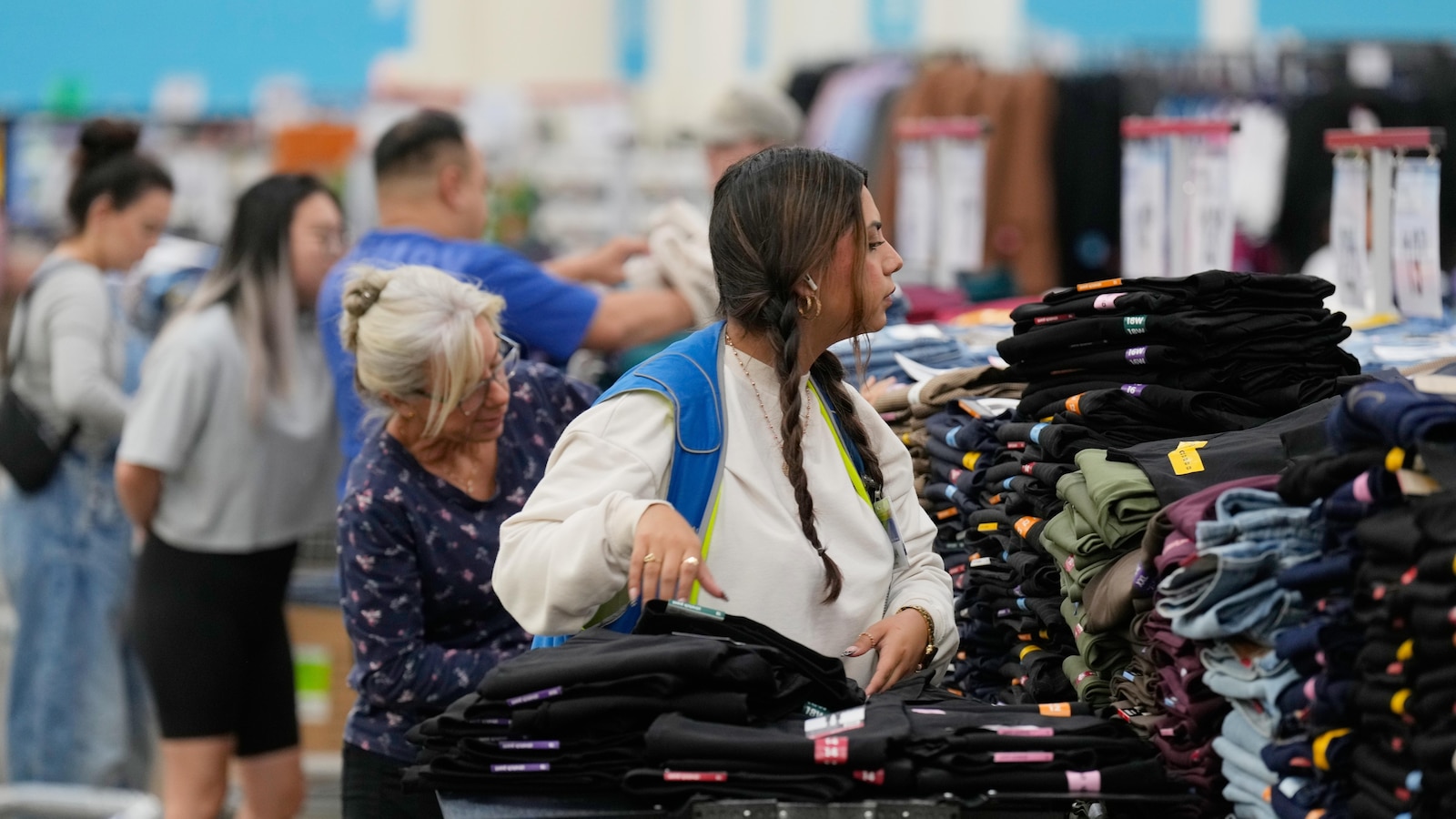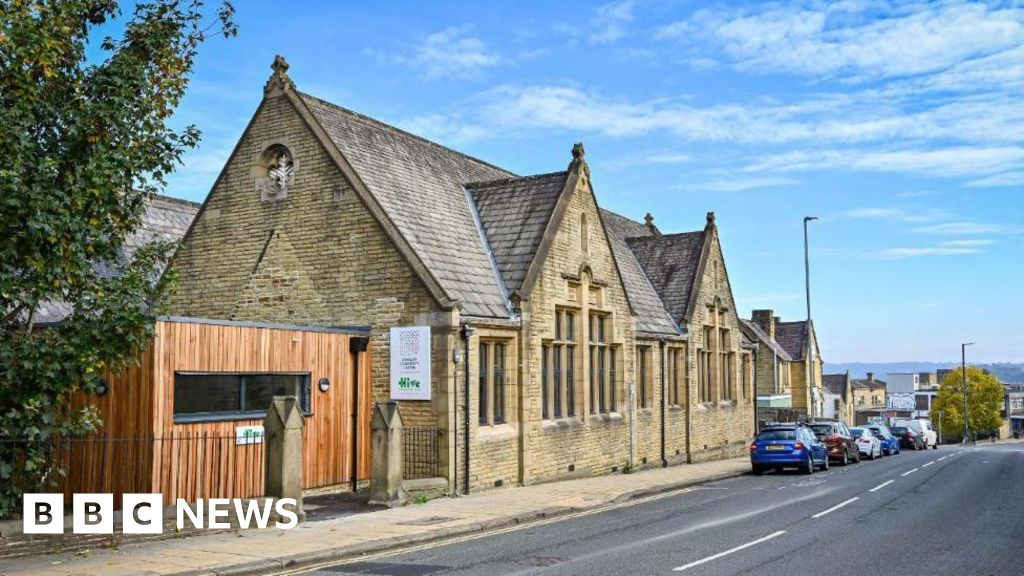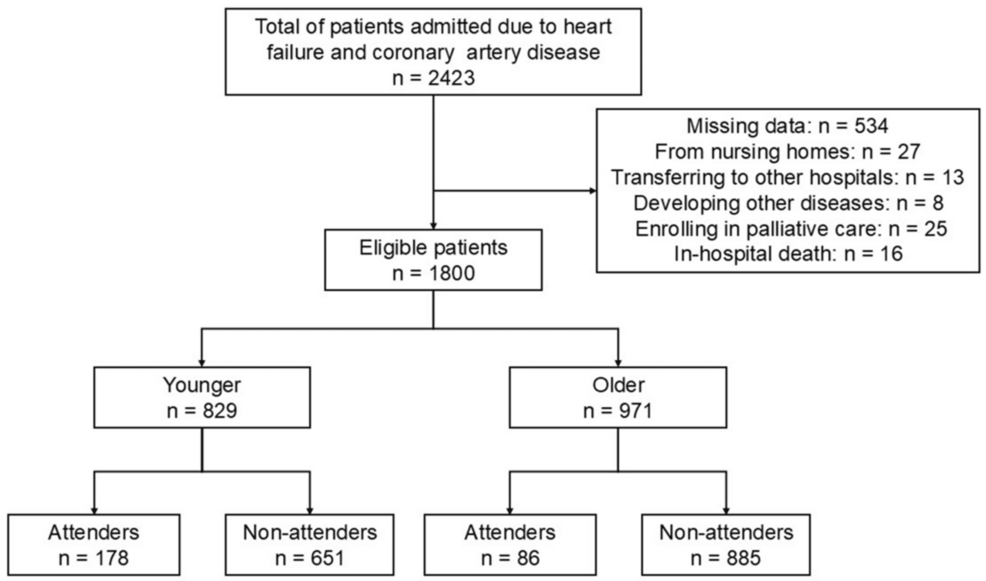Before a cell can split into two, it must first copy all of its chromosomes so each new cell inherits a complete set of genetic material. For years, researchers believed that as this process unfolded, the genome’s intricate three-dimensional…
Blog
-

Warning after Cornwall fireworks displays axed over safety fears
A warning has been issued to those planning to set off fireworks after the cancellation of organised displays.
Truro’s annual bonfire and firework display has been cancelled following concerns over traffic congestion, along with another display organised by Falmouth Fire Station.
Cornwall Fire and Rescue Service said the event had been cancelled as it could not be delivered “to the standard of safety and organisation that our community rightly expects”.
It urged those planning to set off fireworks at home to “only buy fireworks with a CE mark [those that comply with the current safety standards]”.
Truro City Council said the decision to cancel the event on 6 November was made after consulting with the safety advisory group.
Council clerk David Rodda said although the news would be “disappointing” for many residents, safety was the authority’s “highest priority”.
The fire service warned “children, including babies and toddlers, suffer over half of all firework-related injuries”.
It advised they should be “closely supervised” around sparklers, bonfires and fireworks, and those planning private events at home should “follow the instructions carefully and let your neighbours know in advance so they can keep pets indoors”.
Continue Reading
-

Countries, regulators and partners urge a collaborative approach to advance safe and equitable AI in health
Building on progress made at the AI Regulatory and International Symposium (AIRIS) in Seoul in 2024, the World Health Organization (WHO) and the Ministry of Food and Drug Safety (MFDS), Republic of Korea successfully co-hosted AIRIS 2025 in Incheon, in the Republic of Korea. The meeting brought together regulators, academia, industry and WHO to shape the responsible use of artificial intelligence (AI) in health.
“As AI becomes more sophisticated and its health applications expand, so must our efforts to make them safe, effective, ethical, and equitable,” said Dr Tedros Adhanom Ghebreyesus, WHO Director-General.
Held under the theme “Regulation for AI, Together for Tomorrow,” AIRIS 2025 served as a global platform to discuss the safe, ethical, and effective use of AI in health. The symposium showcased leading regulatory frameworks and best practices for the use of AI across the medical product lifecycle. Participants underscored the importance of ensuring that AI systems are developed and deployed in ways that are safe, ethical, inclusive and accountable.
The Outcome Statement from AIRIS Incheon 2025 calls for:
- a lifecycle-based regulatory approach spanning medical product development, clinical trials, manufacturing, evaluation and post-market surveillance;
- risk-proportionate regulation tailored to national contexts and health system needs;
- stronger international collaboration to close gaps between countries and foster a trustworthy global AI ecosystem; and
- sustained global governance through AIRIS as a regular platform for dialogue among regulators, international organizations and technical partners.
By promoting transparency, equity and accessibility in AI governance, AIRIS 2025 reinforced its role as a key global platform to advance safe and responsible use of AI in health WHO and MFDS reaffirmed their commitment to continue co-hosting AIRIS in the coming years, expanding its reach and impact.
Continue Reading
-

‘When I told him I’d secretly seen his films, his eyes filled with tears’: Isabella Rossellini remembers her father Roberto | Film
In June 1977, Roberto Rossellini died suddenly of a heart attack, home in Rome, less than a week after serving as jury president of the Cannes film festival. The director’s daughter Isabella – the fourth of his seven children – was then in…
Continue Reading
-

‘Hidden Voices’ Puts Queer Identities of Famous Composers Center Stage
Hidden Voices: Queer Artists in Exchange, which mixes musical and literary performance to put the spotlight on “the all too often hidden voices of queer composers Franz Schubert, Frédéric Chopin, Pyotr Ilyich Tchaikovsky, Ethel Smyth,…
Continue Reading
-

Delayed inflation report expected to show US prices ticked up last month
WASHINGTON — Friday’s inflation report is likely to show that consumer prices worsened in September for the second straight month as President Donald Trump’s tariffs have lifted the cost of some groceries and other goods.
The report on the consumer price index is being issued more than a week late because of the government shutdown, now in its fourth week. The Trump administration recalled some Labor Department employees to produce the figures because they are used to set the annual cost-of-living adjustment for roughly 70 million Social Security recipients.
Friday’s inflation report will be the first comprehensive economic data to be released in more than three weeks and will attract intense interest from Wall Street and officials at the Federal Reserve. Fed officials are cutting their short-term interest rate to buoy the economy and hiring, but they are taking some risk doing so because inflation is still above their 2% target.
The issues of affordability and the cost of necessities are gaining in political importance. Concerns over the costs of rent and groceries have played a key role in the mayoral race in New York City. And Trump, who has acknowledged that the spike in grocery prices under President Joe Biden helped him win the 2024 election, has been considering importing Argentine beef to reduce record-high U.S. beef prices, angering U.S. cattle ranchers.
The cost of ground beef has jumped to $6.32 a pound, a record, in part because of tariffs on imports from countries such as Brazil, which faces a 50% duty. Years of drought that have reduced cattle herds have also raised prices.
Friday’s report is forecast to show that inflation rose 3.1% in September from a year earlier, according to a survey of economists by data provider FactSet. That would be up from 2.9% in August and the highest in 18 months. On a monthly basis, inflation is projected to be 0.4% in September, the same as in August.
Excluding the volatile food and energy categories, core inflation in September was likely 3.1% for the third straight month. On a monthly basis, core prices likely rose 0.3%, economists project, also for the third straight month.
Such figures are unlikely to deter the Fed from cutting its key rate by another quarter-point when it meets next week, to about 3.9%. It would be the second cut this year and is driven by Fed Chair Jerome Powell’s concerns that hiring is weakening and poses a threat to the economy.
Even as inflation has fallen sharply from its peak of 9.1% more than three years ago, it remains a major concern for consumers. About half of all Americans say the cost of groceries is a “major” source of stress, according to an August poll by The Associated Press-NORC Center for Public Affairs Research.
And the Conference Board, a business research group, finds that consumers are still referencing prices and inflation in responses to its monthly survey on consumer confidence.
Still, inflation has not risen as much as many economists feared when Trump first announced a sweeping set of tariffs. Many importers built up inventories of goods before the duties took effect, while Trump reduced many import taxes, including as part of trade deals with China, the United Kingdom, and Vietnam.
And many economists, as well as some Fed officials, expect that the tariffs will create a one-time lift to prices that will fade by early next year. At the same time, inflation excluding the tariffs is cooling, they argue: Rental price increases, for example, are declining on average nationwide.
Yet Trump is imposing tariffs in an ongoing fashion that could raise prices in a more sustained fashion.
For example, the Trump administration is investigating whether to slap 100% tariffs on imports from Nicaragua over alleged human rights violations. The prospect of such steep duties is a major headache for Dan Rattigan, the co-founder of premium chocolate maker French Broad, based in Asheville, N.C.
“We’ve been shouldering some significant additional costs,” Rattigan said. The United States barely produces any cocoa, so his company imports it from Nicaragua, the Dominican Republic, and Uganda. The imports from Nicaragua were duty-free because the country had a trade agreement with the United States, but now faces an 18% import tax.
Cocoa prices have more than doubled over the past two years because of poor weather and blights in West Africa, which produces more than 70% of the world’s cocoa. The tariffs are an additional hit on top of that. Rattigan is also paying more for almonds, hazelnuts, and chocolate-making equipment from Italy, which has also been hit with tariffs.
French Broad raised its prices slightly earlier this year and doesn’t have any plans to do so again. But after the winter holidays, “all bets are off … in what is a very unpredictable business climate,” Rattigan said.
Continue Reading
-

The new Children’s Booker Prize aims to reward quality fiction for kids
LONDON — Britain’s most prestigious literary prize is getting a younger sibling.
The Booker Prize Foundation announced Friday that it is setting up the Children’s Booker Prize alongside its existing awards for English-language and translated…
Continue Reading
-

The ancient art of Istanbul’s porters survives modern challenges in Turkiye | Gallery
Published On 24 Oct 2025
On the streets of Istanbul in Turkiye, porters hauling massive sacks wrapped in white plastic—on their backs or in handcarts—represent an essential yet often invisible thread in the city’s cultural tapestry.
This profession, called hamallık in Turkish, has survived from Ottoman times into the modern era.
The practice thrives particularly in Istanbul’s historic commercial centres—the Egyptian Bazaar, the Grand Bazaar, and the Eminonu district—where traditional hans (commercial buildings) house workshops producing jewellery, textiles, and various goods.
These porters remain vital because many centuries-old hans lack modern amenities like elevators and are nestled within narrow streets where vehicles cannot pass. In Eminonu, daytime traffic restrictions further heighten their importance.
Using a semer—a traditional wooden and leather harness—porters can transport between 200 and 300 kilogrammes (440–660 pounds) of merchandise up to a han’s fifth floor. These specialised harnesses often become family heirlooms, passed from father to son, highlighting the profession’s hereditary nature. (The occupation remains predominantly male, with female porters being exceptionally uncommon.)
The porters operate within organised divisions led by managers who ensure fair work distribution. Members earn daily wages based on their loads’ quantity and weight.
This demanding profession requires remarkable physical strength and stamina, limiting entry to those capable of meeting its rigorous demands. Porters take considerable pride in their work and carefully select new members.
Omer Okan, 60, has worked as a porter for 30 years, routinely carrying more than 500kg (1,100 pounds) on his back daily.
The occupation offers little security. Okan explains that most porters lack insurance and earn nothing when ill or injured. Employment opportunities have diminished as major wholesale merchants relocate from Eminonu, where he works.
“Some days we return home without earning any money,” he said.
Okan inherited the profession from his grandfather and takes pride in his work, though he sometimes feels undervalued by the society that depends on his service.
“When I started this profession, people treated us with great respect,” he said. “Now, no one in Turkiye has any respect for anyone else.”
Continue Reading
-

Refurbished Shipley venue to start hosting live music
A community centre transformed with £3m of regeneration funding is due to start hosting live music.
A hall at the Sustainable Community Hub in Shipley, formerly The Kirkgate Centre, has been fitted out as a 237-capacity music venue.
Bands from the…
Continue Reading

